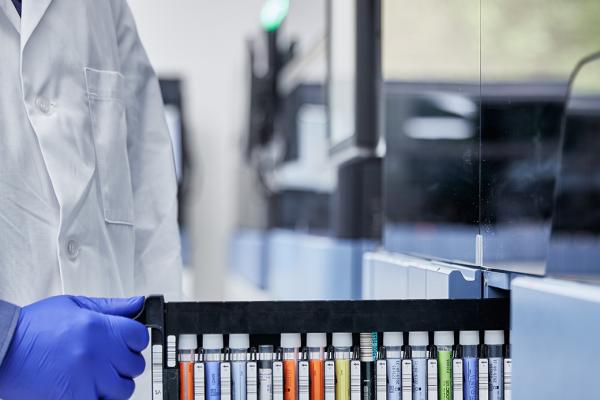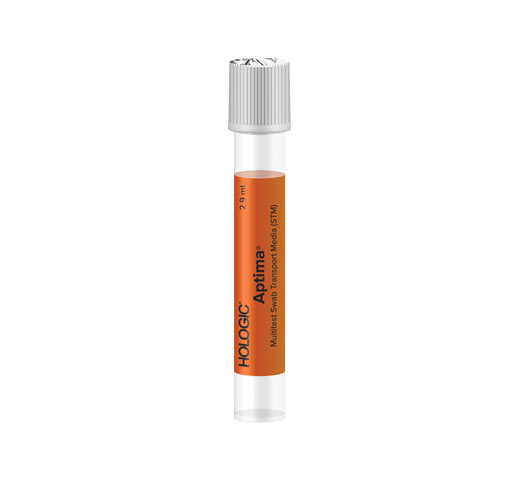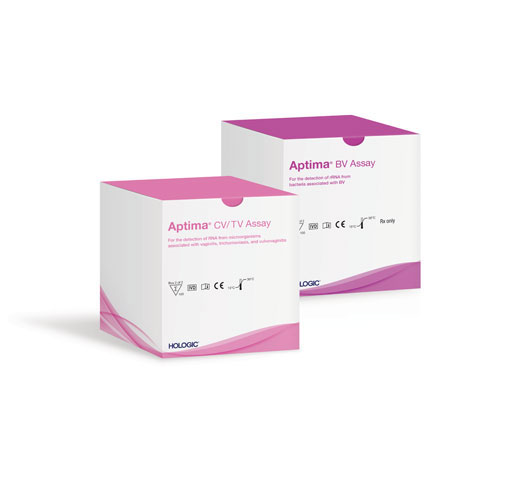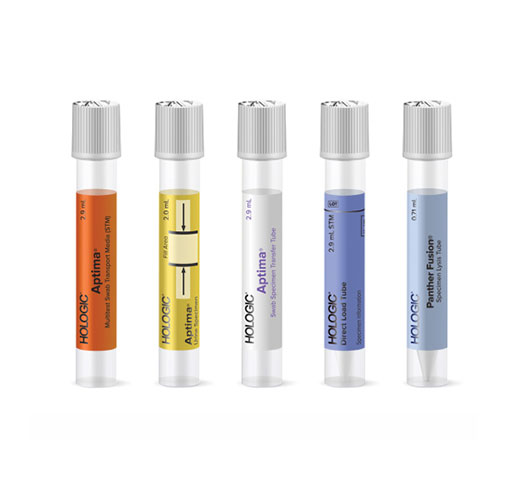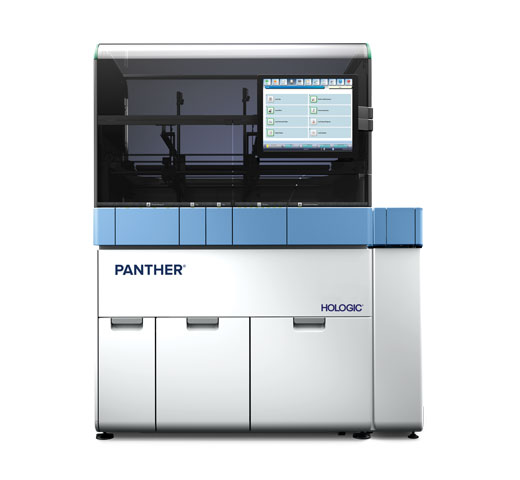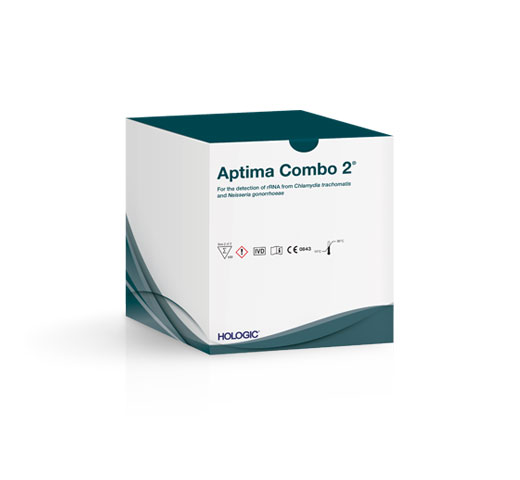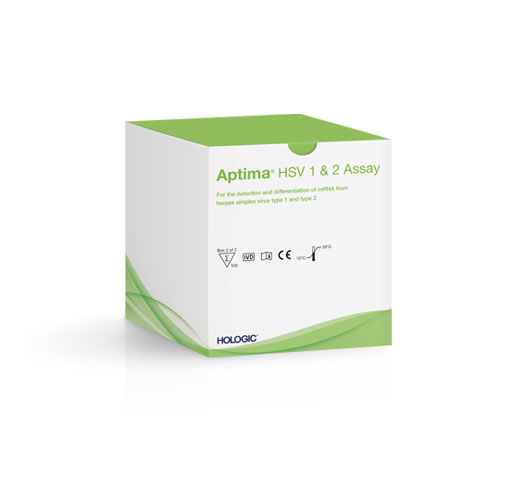Aptima® Trichomonas vaginalis Assay
A highly sensitive and specific test to detect an extremely prevalent STI.
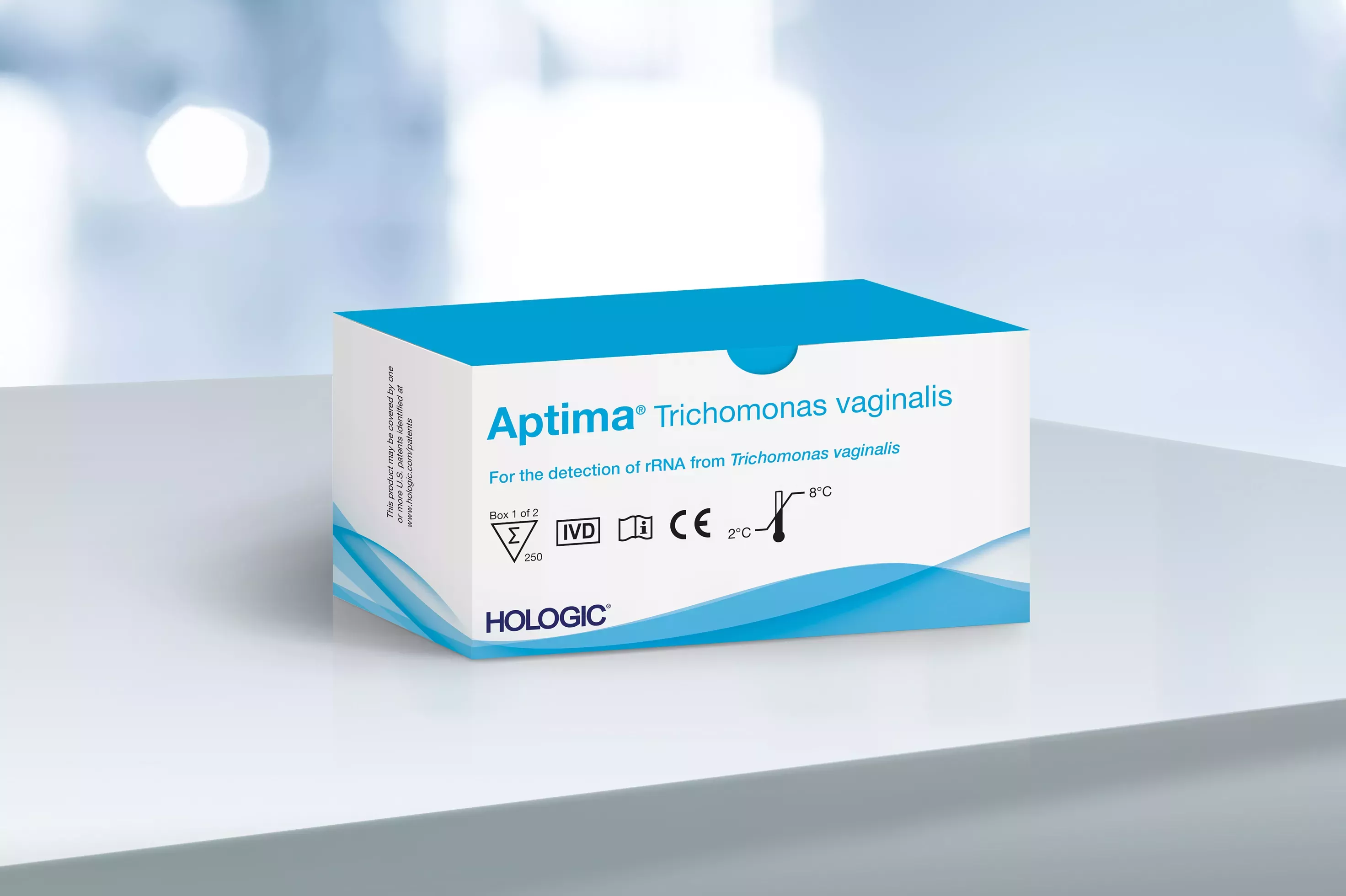
Overview
Documents
Training
Avoid unnecessary complications with accurate TV detection.
Trichomonas vaginalis (TV) is the most common curable sexually transmitted infection (STI) in the United States and accounts for more STI cases than chlamydia and gonorrhea combined.1 When left untreated, TV can lead to adverse health outcomes including reproductive complications and risk for concurrent infections.2-3 With 2.6 million TV infections in the United States, a highly sensitive nucleic acid amplification test (NAAT) like the Aptima Trichomonas vaginalis assay is key for diagnosing and treating infections.1,4-5
Achieve the Right Diagnosis
When symptomatic, TV can present similarly to other STIs, making accurate diagnosis critical for informed treatment decisions.6-7
Detect up to 100% of TV Infections8
All women seeking care for vaginal discharge should be tested for TV.2 The Aptima Trichomonas vaginalis assay identifies infections missed by traditional methods.9
Guard Against Long-term Health Consequences
TV infection is associated with a variety of adverse outcomes that could be prevented with early and accurate detection.2
NAAT is CDC and ACOG recommended for diagnosis of TV.5,10
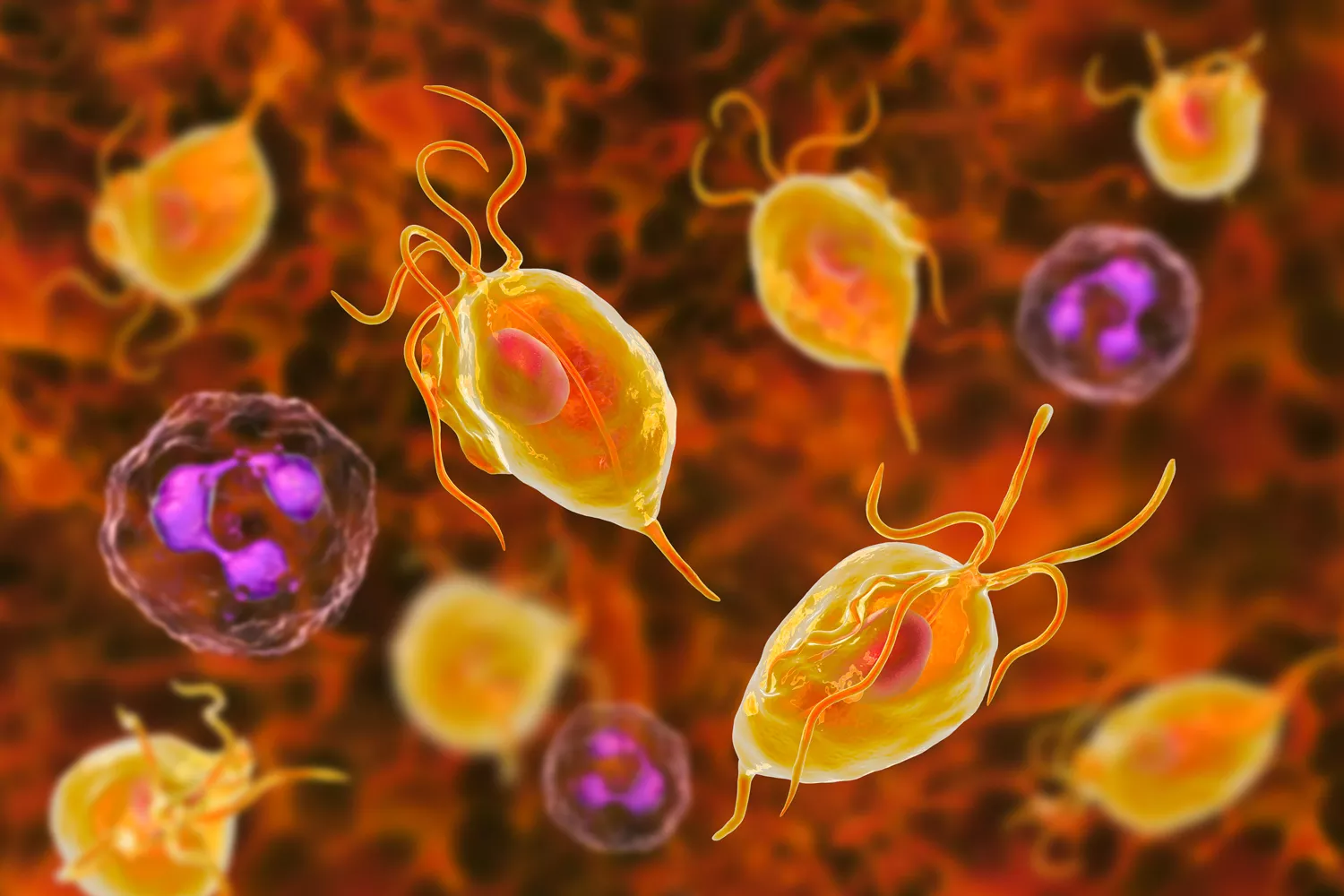
As the first FDA-cleared NAAT for TV, the Aptima Trichomonas vaginalis assay is an rRNA-based NAAT that offers up to 100% sensitivity.8 NAAT assays can overcome challenges associated with traditional, less sensitive methodologies such as:
- Wet mount relies on detecting motile forms, leading to potential false negatives, and delayed testing reduces accuracy as trichomonas motility decreases over time.11
- Variability in clinician skills affects accuracy of wet mount especially as non-motile forms may be confused with vaginal cells.12
- Up to 45% of TV infections are missed by wet mount.13
- NAAT achieves higher sensitivity than DNA Probe (46%), to ensure TV is not missed or undercalled.14
Seamlessly integrate the Aptima Trichomonas vaginalis Assay into your lab.
Streamlined Testing
Order the Aptima Trichomonas vaginalis assay as a standalone test or run with other STI tests for more comprehensive results.
Versatile Specimen Types
The Aptima Trichomonas vaginalis assay can be used for testing with a variety of specimen options including patient and clinician-collected vaginal swabs, endocervical swabs, PreservCyt (ThinPrep®) specimen and female and male urine.
Enhanced Workflow
Specimen using the Aptima collection devices for testing with the Aptima Trichomonas vaginalis assay to load directly on the Panther® system streamlining testing to provide timely and accurate results.
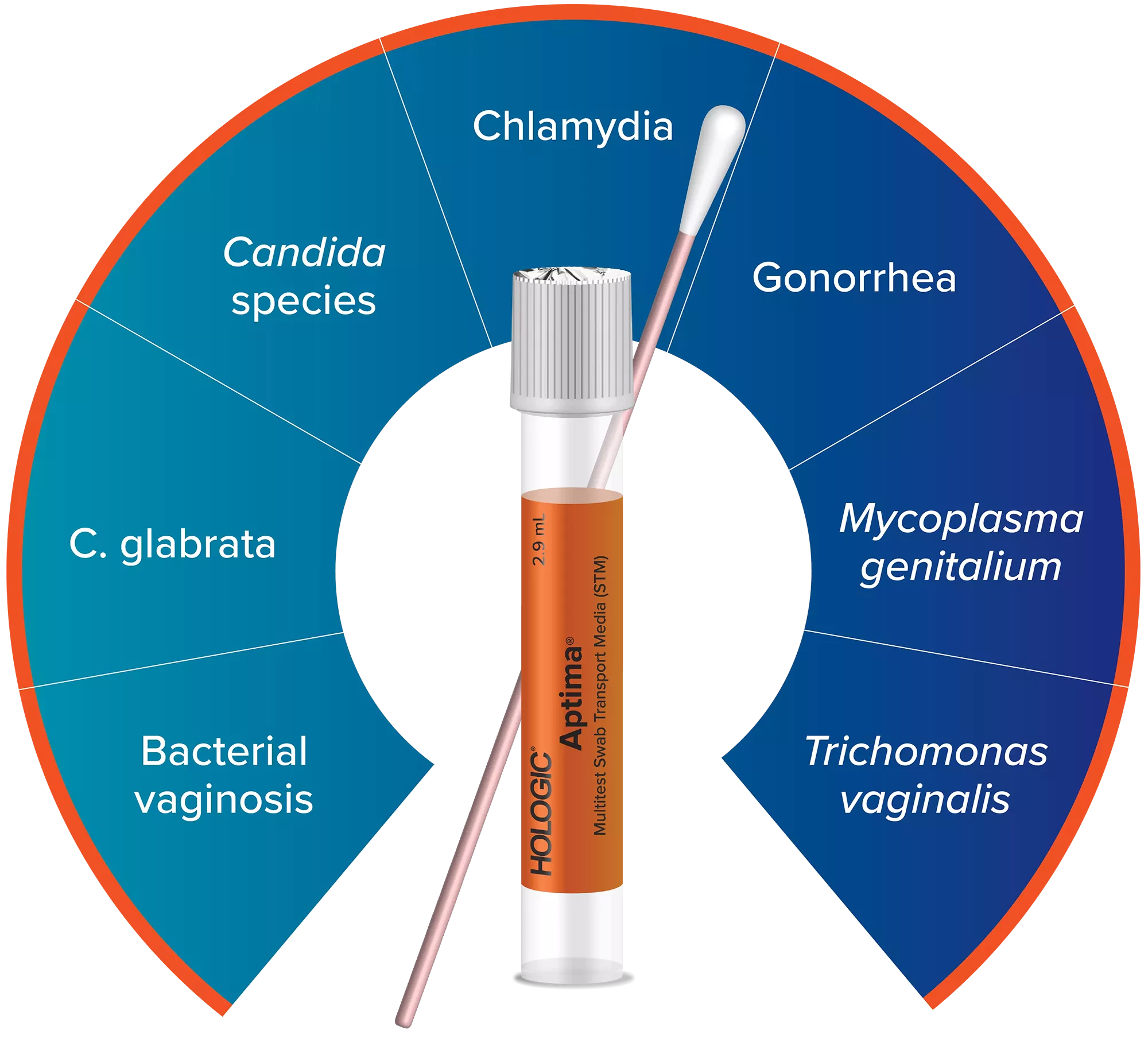
One Sample, Multiple Results
Testing for TV can be done using the Aptima Multitest Swab, which simplifies testing from one vaginal swab specimen to provide more answers for sexual and vaginal health.
Aptima Sexual and Vaginal Health Solutions
Learn how our tests help patients protect their sexual and reproductive health.
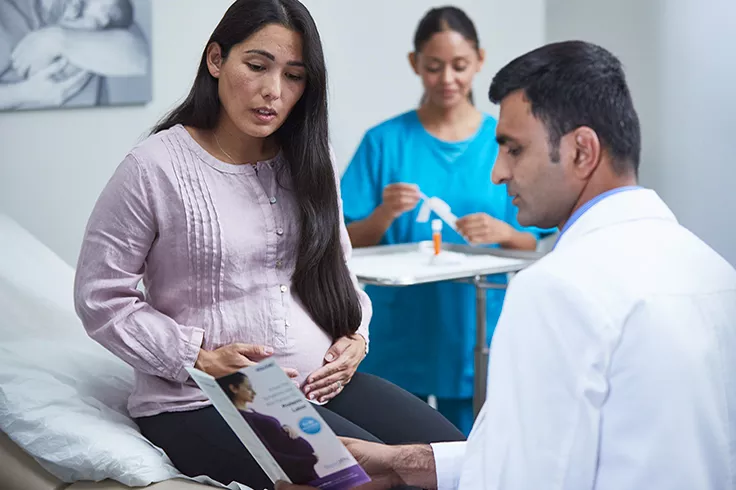
Evidence. Insight. Engagement.
Explore resources on Hologic's Medical Education site to learn more about our innovative technology, view the latest clinical and scientific evidence and see how you can help improve patient care.
1. CDC. CDC Fact Sheet: Incidence, Prevalence and Cost of Sexually Transmitted Infections in the United States. https://www.cdc.gov/std/stats/sti-estimates-fact-sheet-feb-2013.pdf. February 2013. 2. Workowski, et al. Sexually Transmitted Infections Treatment Guidelines 2021. MMWR RecommRep 2021;70. 3. Allsworth J, et al. Trichomoniasis and other sexually transmitted infections results from the 2001-2004 National Health and Nutrition Examination Surveys. Sex Transm Dis. 2009;36(12):738-44. 4. CDC. Incidence, Prevalence, and Cost of Sexually Transmitted Infection in the United States. Last reviewed: March 16, 2022. Accessed July 7, 2022. https://www.cdc.gov/nchhstp/newsroom/fact-sheets/std/STI-Incidence-Prevalence-Cost-Factsheet.html 5. ACOG Practice Bulletin. Vaginitis in Nonpregnant Patients. Washington; DC: American College of Obstetricians and Gynecologists; 2020:135(1)e1-e17. No. 215. 6. Powell, AM. Acute cervicitis. Last updated January 27, 2020. Accessed October 15, 2020. https://www.uptodate.com/contents/acute-cervicitis. 7. Martin DH. Mycoplasma genitalium infection in men and women. Last updated October 31, 2019. Accessed October 15, 2020. https://www.uptodate.com/contents/mycoplasma-genitalium-infection-in-men-and-women 8. Aptima Trichomonas vaginalis Assay. [package insert]. AW-27552, San Diego, CA; Hologic, Inc., 2023. 9. Nye MB, et al. Comparison of APTIMA Trichomonas vaginalis transcription-mediated amplification to wet mount microscopy, culture, and polymerase chain reaction for diagnosis of trichomoniasis in men and women. Am J Obstet Gynecol. 2009;200(2):188.e1-7. doi: 10.1016/j.ajog.2008.10.005 10. Centers for Disease Control and Prevention. 2015 STD Treatment Guidelines. Updated March 9, 2016. Accessed October 15, 2020. www.cdc.gov/std/tg2015/ 11. Garber GE. The laboratory diagnosis of Trichomonas vaginalis. Can J Infect Dis Med Microbiol. 2005;16(1):35-38. 12. Stoner KA, Rabe LK, Meyn LA, Hillier SL. Survival of Trichomonas vaginalis in wet preparation and on wet mount. Sex Trans m Infect. 2013. 13. Kingston MA, et al. ‘Shelf life’ of Trichomonas vaginalis. Intl J STD AIDS. 2003;14(1):28-29. doi: 10.1258/095646203321043228. 14. Cartwright CP, Lembke BD, Ramachandran K, et al. Comparison of nucleic acid amplification assays with BD affirm VPIII for diagnosis of vaginitis in symptomatic women. J Clin Microbiol. 2013;51(11):3694-3699.
Safety Data Sheets
Package Inserts
Related Products
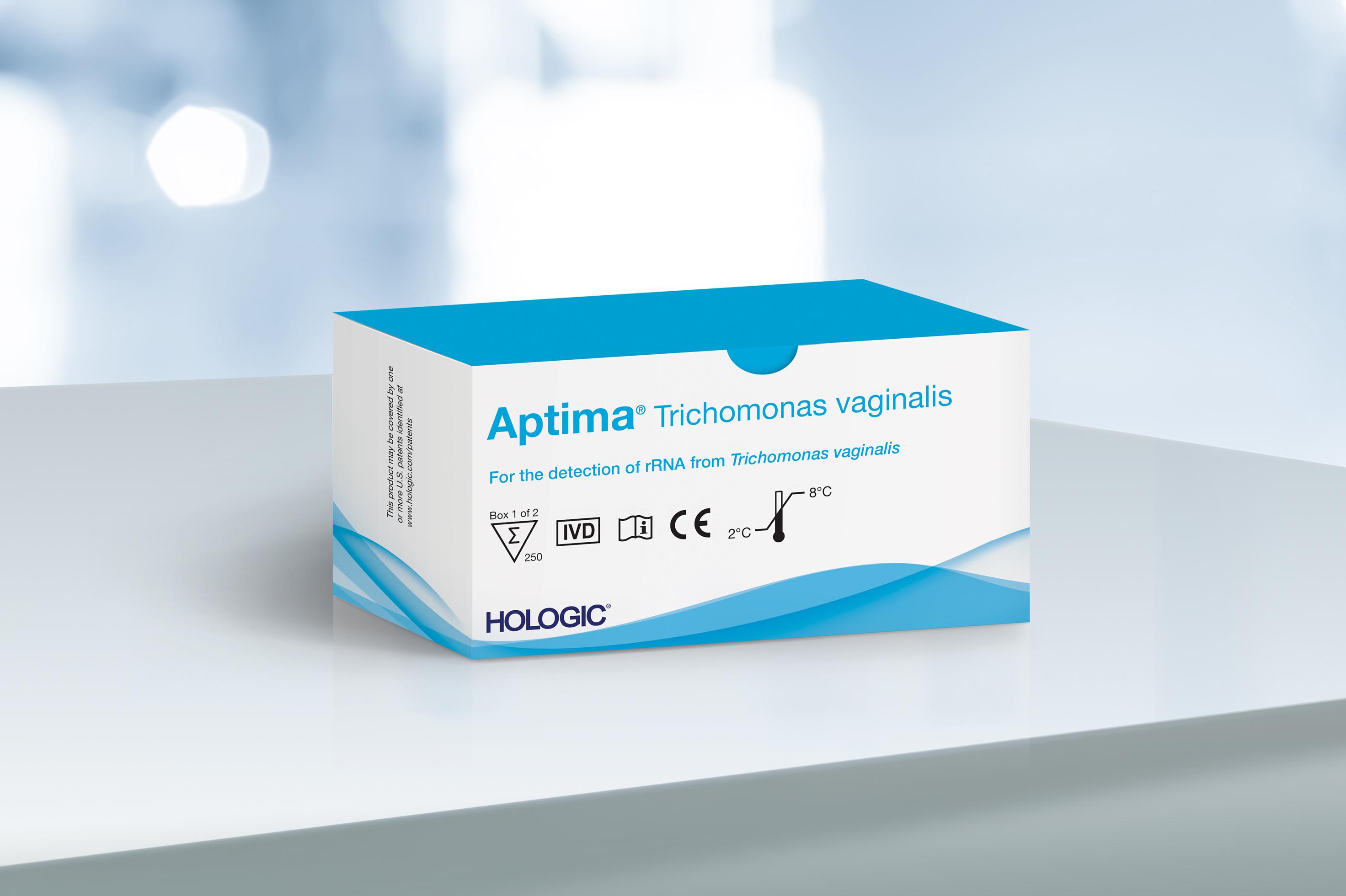
Overview
Documents
The Most Common Curable STI
Trichomonas vaginalis (TV) is the most common curable STI in the United States.1 Over 3.7 million people in the United States have TV, which is a higher prevalence than chlamydia and gonorrhea infections combined.1 The CDC recommends testing women for TV infection if they are symptomatic or at increased risk of infection.2 The CDC and ACOG also recommend the use of a highly sensitive and specific test, such as the Aptima® Trichomonas vaginalis assay.2,3
Detect Up To 100% of TV Infections
The Aptima Trichomonas vaginalis assay is an rRNA-based NAAT that provides up to 100% sensitivity in detecting TV for both symptomatic and asymptomatic patients.4 This assay overcomes challenges associated with traditional, less sensitive methodologies because it can detect a fraction of one organism, whereas wet mount requires at least 10,000 motile organisms/mL to visualize.4,5




